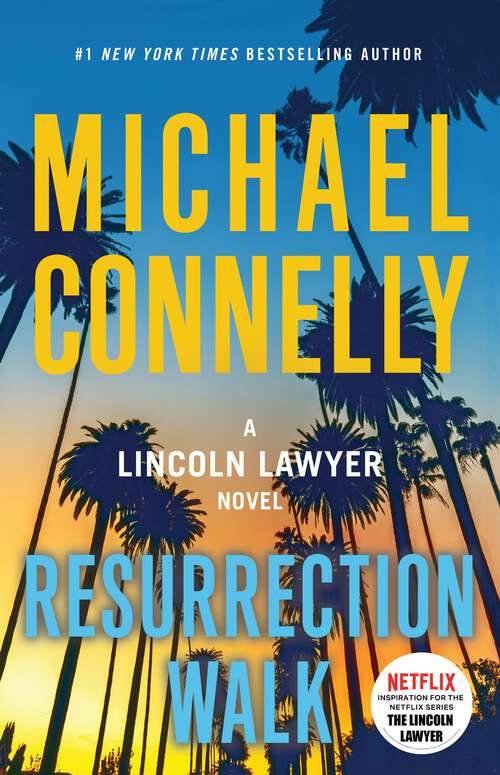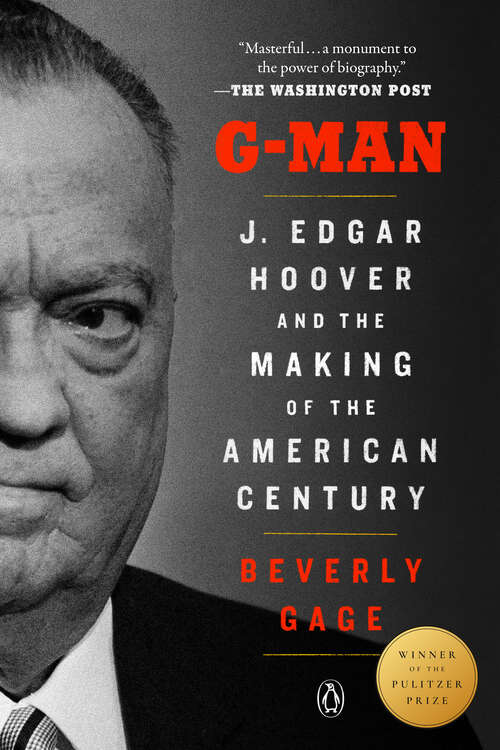Learn without limits
Ignite learning with easy-to-read audiobooks and ebooks for learners of all abilities.

Read and learn easier
Learn for a lifetime
Explore the world’s biggest
accessible ebook library
New and trending
Check out all of our recently added and popular titles.

Popular last month

New on Bookshare

NY Times fiction

NT Times nonfiction

Popular teen books

Popular kid’s books
Award winning
Explore all of the top critically acclaimed titles.
Our partners
Bookshare® is only possible with the huge support from the U.S. Department of Education and other partners.




Interested in getting involved?
Consider donating or partnering with us.
Join Bookshare and enjoy millions of ebooks
Still have questions?









